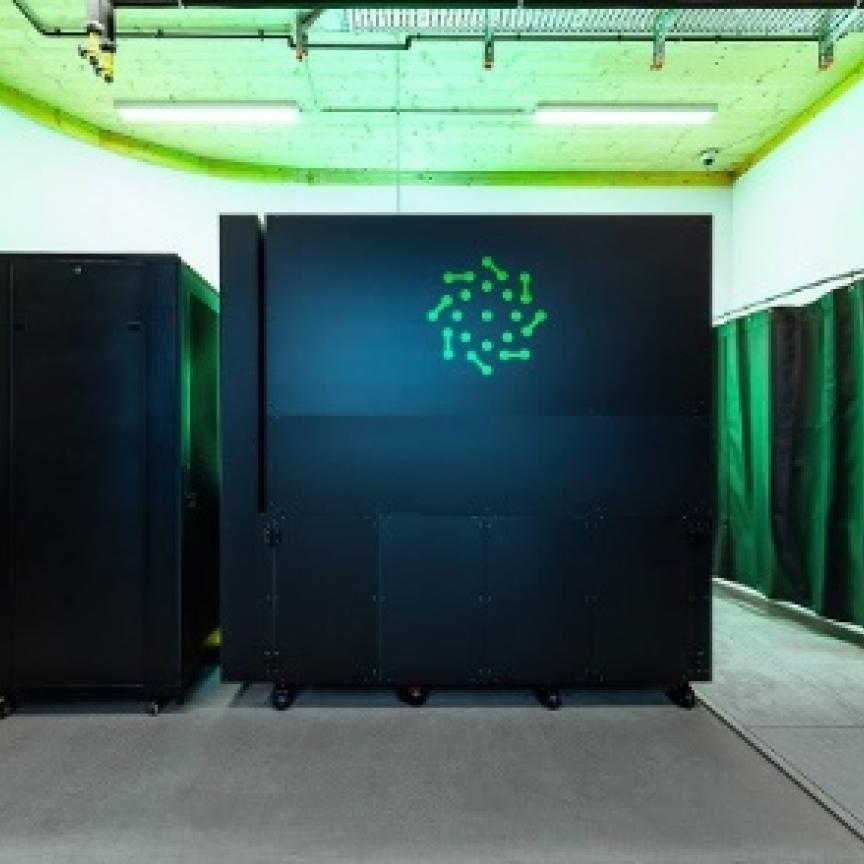In a recent blog post, Google Cloud outlined the steps the company is taking to help researchers to understand more about the novel coronavirus. Google is focusing its efforts to help researchers forecast COVID-19 spread and impact and to support critical research and accelerate drug discovery research.
The Laboratory for the Modelling of Biological + Sociotechnical Systems (MoBS) in the Network Science Institute at Northeastern University has begun running large-scale, data-driven model simulations on Google Cloud in January to estimate how mitigation strategies such as travel restrictions and social distancing policies would impact the spread of infection.
The models are tremendously complex, containing dozens of parameters and huge amounts of data, and require enormous amounts of compute power, data processing, and storage.
By using Google Cloud’s High Performance Computing (HPC) capabilities, including batch processing via the Cloud Life Sciences API, Northeastern University researchers have been able to simultaneously run thousands of preemptible Virtual Machines (PVMs) to accelerate their work.
This has reduced the time it takes to run complex simulations from days to hours. Furthermore, when the simulations are complete, they can then analyse the results using BigQuery and quickly share these insights with researchers and public health agencies around the world to accelerate the shared understanding of how the virus is spreading.
To date, Northeastern University researchers have been able to generate more than nine million different models and analyse more than 5,500 terabytes of resulting data. They also assessed the relative risk of importing cases (visualised using Google’s free visualisation tool Data Studio), and published their findings in Science.
‘Developing data-driven models for predicting COVID-19 infection spread and potential impact is monumental as we race to slow the virus,’ said Dr Matteo Chinazzi, associate research Scientist at MoBS.
In a previous story looking at cloud providers fighting against COVID-19 Google Cloud announced that Google Cloud was providing $20 million in Google Cloud credits to enable researchers to harness the power of the cloud in their fight against COVID-19. To administer these credits effectively, Google partnered with the Harvard Global Health Institute to identify promising research opportunities and apply Google Cloud’s capabilities to support them.
Harvard Global Health Institute has gathered a team of scientific advisors from a diverse range of disciplines to review submissions. Researchers who need Google Cloud capacity for work on COVID-19 can submit proposals directly to us—applications will be considered on a rolling basis.
Accelerating drug discovery research efforts
Researchers are working around the clock to better understand COVID-19 and minimise its impact on both our health and the global economy. By distributing their work across tens of thousands of virtual machines on Google Cloud, researchers are able to speed up their models and analyses, resulting in substantial savings in both time and resources. Google Cloud preemptible VMs are a great way to run these types of easily distributed, fault-tolerant research applications, enabling researchers to accelerate the computational portion of their research at a fraction of the cost of standard VMs.
With the goal of accelerating as many COVID-19 related research projects as possible, Google is expanding access to preemptible VMs through PVM specific credits to support COVID-19 initiatives, in addition to the general cloud credits mentioned earlier in this post. As we receive COVID-19 research proposals, Google will work with researchers to identify ways they can accelerate and scale up their work through the use of preemptible VMs, as is the case in the following example.
Developing a new drug in the United States typically costs between 2-3 billion dollars and takes about ten years. Teams at Harvard Medical School and Dana Farber Cancer Institute (DFCI) are using VirtualFlow, an open-source scalable virtual drug discovery platform running on Google Cloud that utilises preemptible VMs, to more quickly and accurately narrow down promising drug targets to accelerate the discovery of therapies and treatments for COVID-19 patients.
VirtualFlow is helping them target billions of drug compounds against SARS-CoV-2 proteins in a matter of days, greatly increasing their capacity to study and analyse potential therapies for COVID-19.
‘The virtual testing approaches we are using have massively reduced the time required for drug and treatment discovery and will hopefully lead to faster development of therapeutics for diseases,’ said Christoph Gorgulla, a postdoctoral research fellow at Harvard Medical School.
‘Leveraging the abundance of structural data available on the SARS-CoV-2 proteins we are using Google Cloud’s technology to identify inhibitors of viral proteins. The use of hundreds of thousands of computational cores at Google Cloud, allows us to finish this task of screening a billion compounds, (~12 billion docking instances) in a couple of weeks. To accomplish this on a standard laptop would take 1500 years’, said Haribabu Arthanari, who is an assistant professor at the Harvard Medical School.
Once a short-list of promising pharmaceutical compounds have been identified, the team from Harvard Medical School will work with researchers at other institutions with facilities in place to begin testing. At the same time, the VirtualFlow team will run additional screens against databases of already-approved drugs to see if any contain these compounds. Harvard Medical School also has a number of other research collaborations running in parallel with other institutions to match the most promising drug compounds, which will allow their work to progress more rapidly.


